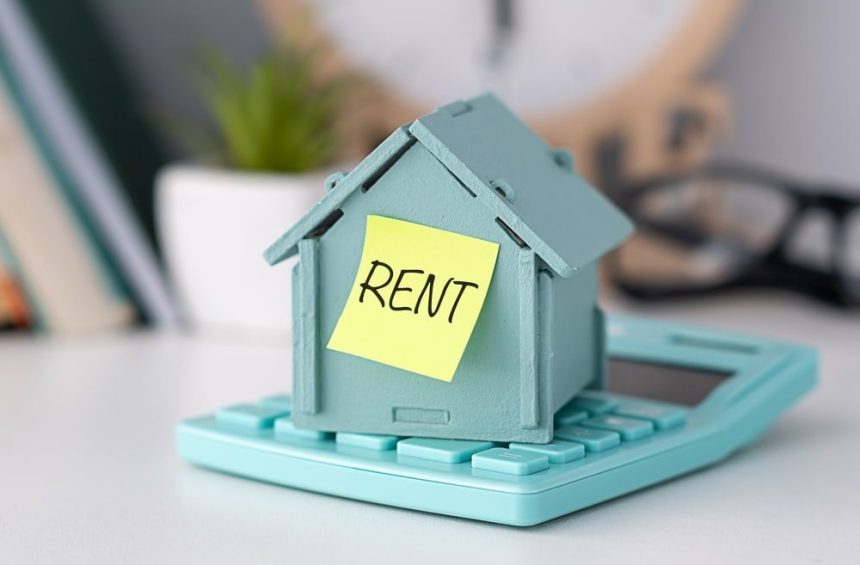Across Nigeria, the struggle for affordable housing has taken a new turn as many low-income earners now turn to shops for shelter. What was once meant for business has, in many cases, become a makeshift apartment for those priced out of the regular housing market.
Since the COVID-19 pandemic, rent prices across the country have soared, with landlords reportedly increasing rates by more than 100 percent. Many attribute the surge to harsh economic policies that weakened purchasing power and reduced access to affordable housing.
For many Nigerians, the dream of living in a decent home is now far-fetched. Yearly rent hikes have forced tenants to abandon their apartments, often settling for cheaper but less comfortable options. Some even relocate their families to villages while they remain in cities to manage improvised living spaces.
Jude Boma, a mechanic, recounted how his rent for a one-bedroom apartment jumped by over 300 percent. “As a vulcanizer, how do I raise ₦150,000?” he asked. Unable to cope, he sent his family to the village and now shares a shop-turned-apartment with friends. “It is tough, but at least I have a roof over my head. I believe better days will come,” he said.
For Miss Osasowie George, a sachet water seller, the burden was equally heavy. “I used to pay ₦30,000 annually for a room. Then my landlord’s son increased it to ₦80,000,” she explained. Unable to afford it, she rented a vacant shop for ₦20,000 a year. “The rate at which landlords increase rent is alarming. If it continues, I will move back to the village,” she added.
Caretakers and property agents confirm that many landlords now rent out vacant shops in front of their houses. Since these spaces often fail to attract business tenants, they are converted into living quarters. “Artisans, conductors, and casual workers usually rent them,” said Idris Moshood, a caretaker. “Sometimes two or three people share the cost to secure a space.”
While state governments continue to announce housing plans aimed at easing rent burdens, the reality is stark. More Nigerians risk eviction as incomes fail to match the relentless rise in rental costs. What was once a temporary survival strategy is gradually becoming a permanent lifestyle for many living in shops instead of homes.
The growing trend highlights the depth of Nigeria’s housing crisis and the urgent need for policies that make accommodation affordable and accessible to all. Without immediate intervention, more families may be forced into unsafe and unsuitable living conditions in their bid to survive.



